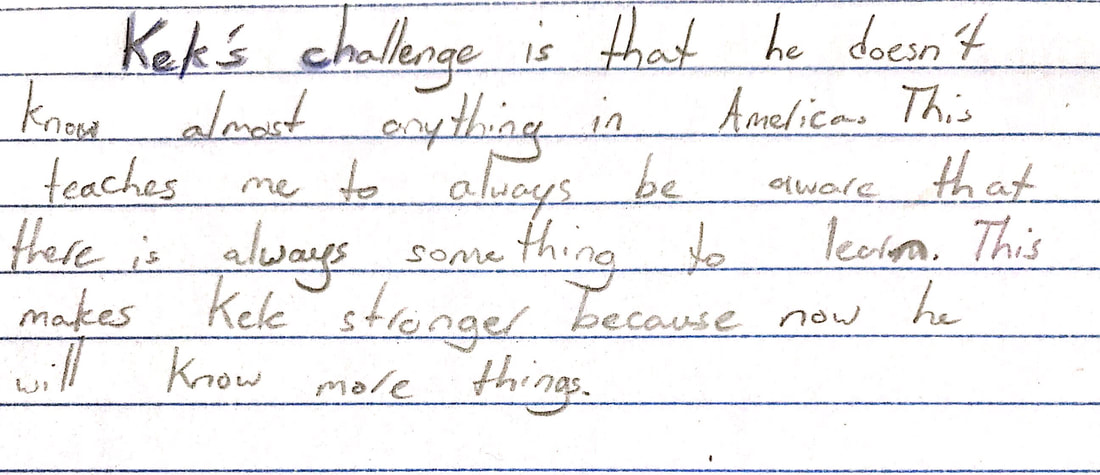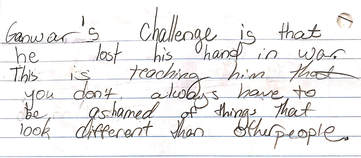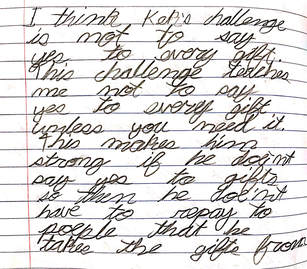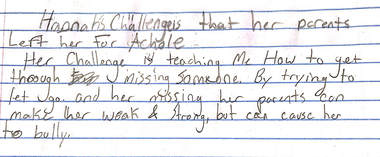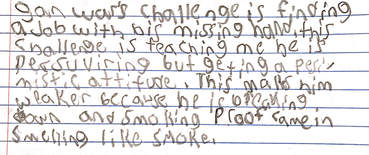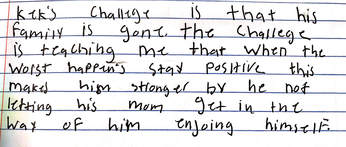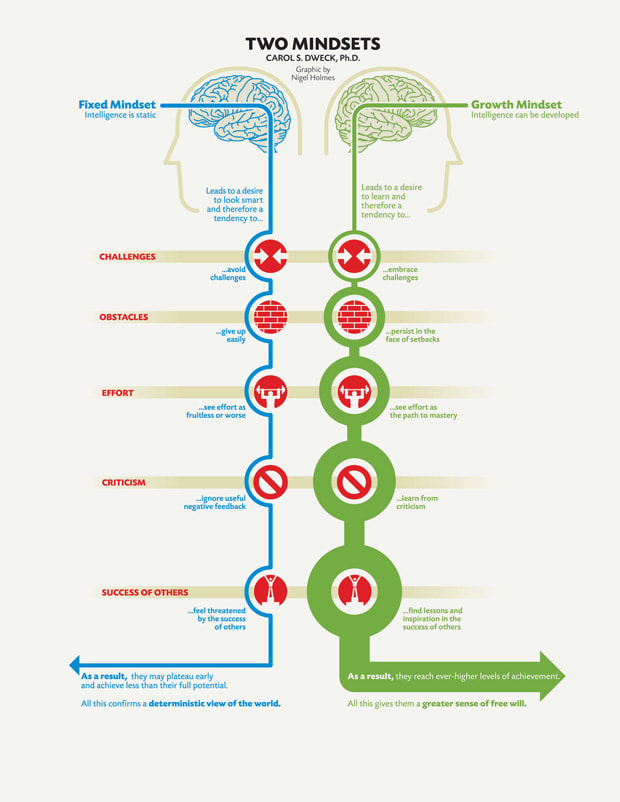“If parents want to give their children a gift, the best thing they can do is to teach their children to love challenges, be intrigued by mistakes, enjoy effort, and keep on learning. That way, their children don’t have to be slaves of praise. They will have a lifelong way to build and repair their own confidence.”
― Carol S. Dweck
In life, there are circumstances beyond our control. However, the way we respond to these circumstances is what we can control. Two people can be placed in the same situation, yet they could respond differently because of the way they interpret the situation. For example, two students who both failed a math test can react two different ways. One can say “I’m so bad at math. Everything is just hard. I don’t want to go to school anymore.” Or the other one can say “Okay, I got a lot of room for improvement. This test tells me what I need to work on. I can probably ask my teacher or my parents to help me because I am not YET good at this. I really need to be in school every day so I won’t miss a math class.” We all face challenges but it all boils down to perspective and mindsets. Carol Dweck, psychologist and author of Mindset: The New Psychology of Success, claims that “mindset change is not about picking up a few pointers here and there. It’s about seeing things in a new way. When people change to a growth mindset, they change from a judge-and-be-judged framework to a learn-and-help-learn framework. Their commitment is to growth, and growth take plenty of time, effort, and mutual support.”
The good news is growth mindset is not an innate ability but something we can learn and develop. At PNA, we foster an environment in which students are given opportunities to develop growth mindset.
1. We read books with characters who face challenges and develop strategies to overcome them.
4th and 5th grade students have been reading the book, Home of the Brave, a novel in free verse, about an 11 year old African refugee who has known great loss and sadness. Through his perceptions, we get a fresh view of our own county and ourselves. Through reading workshop, PNA students find characters in books who are faced with problems overcome adversity and handle challenges. Read examples of student responses to see different perspectives on some of the characters of the same book.
2. Project-based learning helps us reflect on the challenges we encountered and develop skills for solving problems.
Third grade has concluded their Science PBL unit on forces and interaction. The last piece of the unit is to reflect on the whole process and think about the challenges they faced. Every student had a roadblock but because they were all deeply engaged and took ownership of their learning, they were all able to think critically and problem solve.
Watch third graders share the challenges they had and try to figure out what was each student’s big takeaway from this unit.
*Turn up your volume or use speakers/earphones.*
They all had the same driving question and learning objectives but they all learned different things. With project-based learning, students don’t just learn academic content, they also learn soft skills they need to be prepared for the increasing demands of our changing world. Growth mindset creates a powerful passion for learning. When students have a growth mindset, they take on challenges and learn from them, therefore increasing their abilities and achievement.
Source:
Carol Dweck: A summary of the two mindsets and the power of believing that you can improve. Farnam Street, Retrieved from https://fs.blog/2015/03/carol-dweck-mindset/
Carol Dweck: A summary of the two mindsets and the power of believing that you can improve. Farnam Street, Retrieved from https://fs.blog/2015/03/carol-dweck-mindset/

